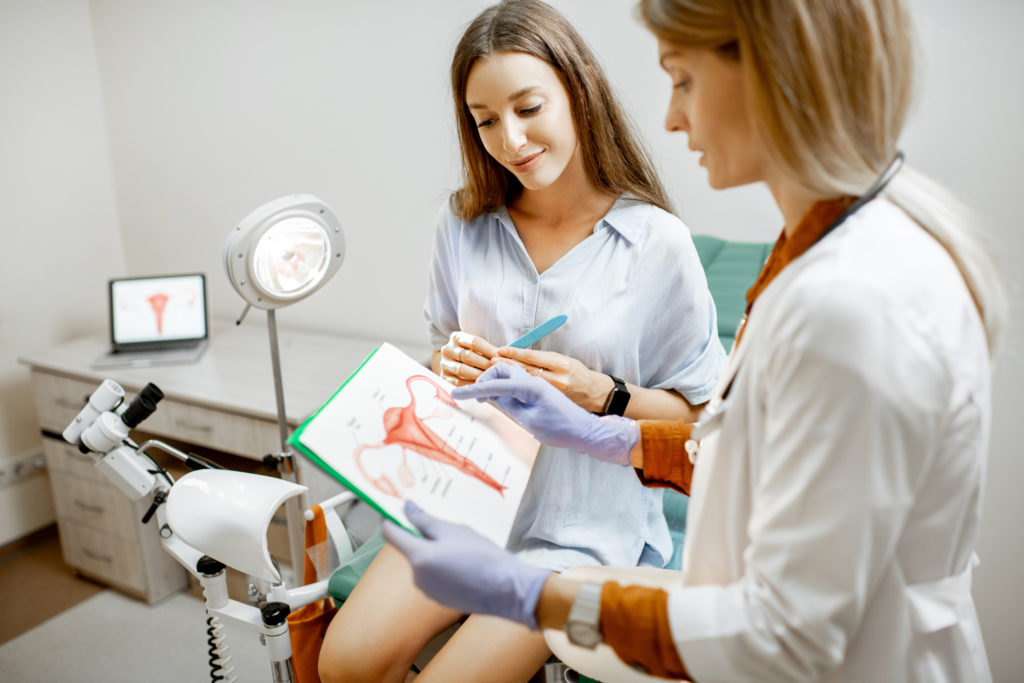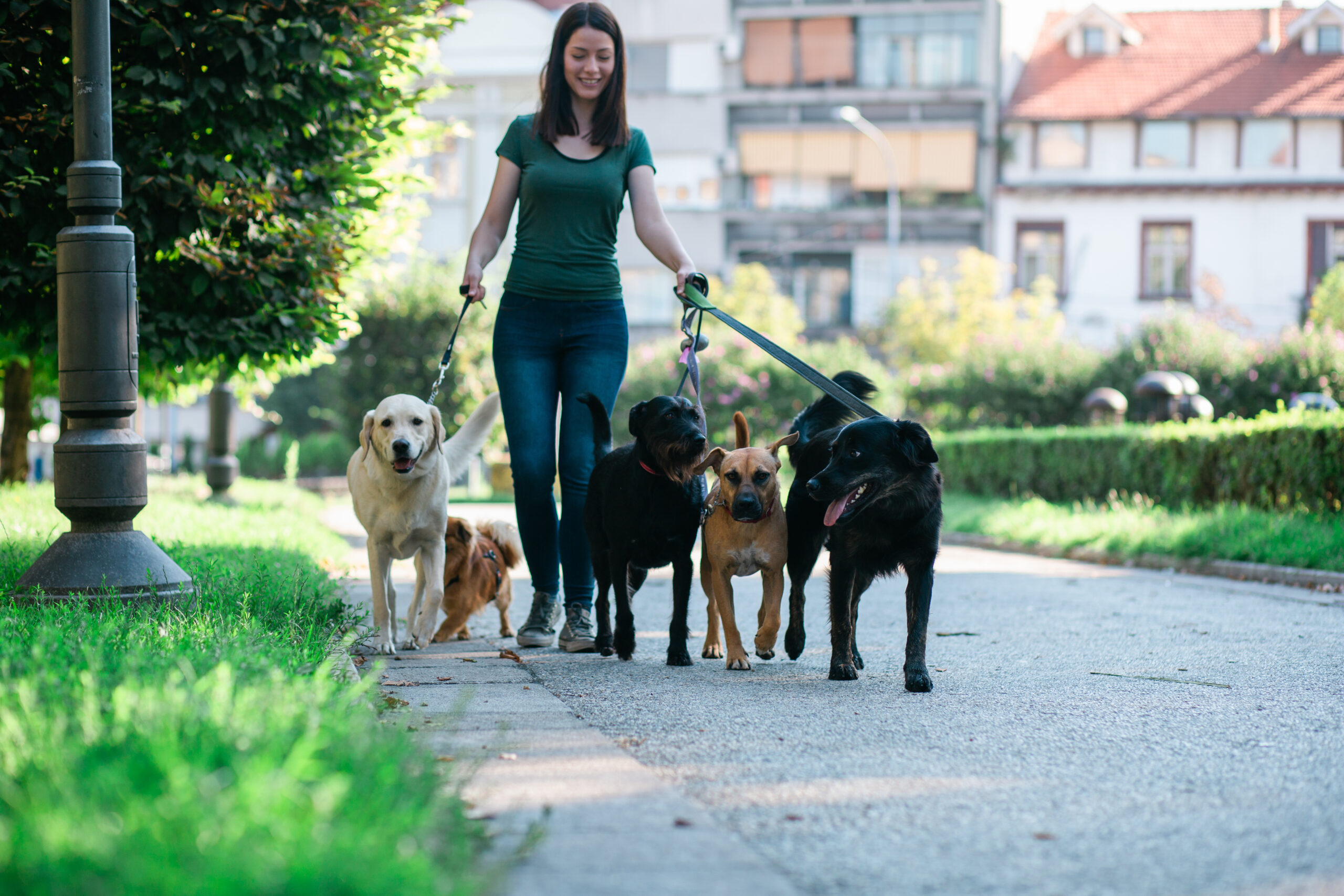Egg donation is an increasingly common practice. However, there are still many questions you may have when it comes to making the decision to donate eggs.
We often find that information on the subject is limited and what is out there isn’t always accurate. Here are some of the most frequently asked questions we hear at Ovatures:
Does egg donation affect fertility?
This is the most common question asked by many women. Donating eggs does not pose a risk to woman’s fertility. It does not even reduce it. Every woman is born with a certain number of eggs. This number of eggs varies in each woman. In each cycle, many of these eggs are naturally lost, because only one matures until it becomes ready to ovulate. During the egg donation process, those eggs that would have naturally been wasted during your cycle are instead stimulated and extracted. These eggs will later be fertilized and transferred into a recipient woman.
Does egg donation hurt?
The donor will undergo ovarian stimulation treatments, so that as many mature eggs as possible are obtained. It is possible to feel some discomfort, mostly the typical aches or pains that some woman may feel during her cycle and during the days before the period, such as abdominal bloating or cramps. But they are discomforts that will disappear within a few days. The process of collecting the eggs is done under anesthesia, so it is not painful. Most women are back to their normal routines the day after the procedure.
Are there certain precautions to consider during the egg donation process?
It is possible to become an egg donor while using birth control pills, but these will have to be stopped during treatment. For other methods like the IUD or contraceptive implant, the stimulation process can still occur without having to remove them.
However, she will need to be more careful during sexual intercourse. Unprotected sex should not be continued until the first menstruation after finishing the treatment, as there is a high risk of pregnancy during that stage. It is also advisable to avoid having sex a few days before and after the extraction, because there is a risk of suffering an ovarian torsion, where the ovary can twist on itself and compromise its blood supply.
How long does the egg donation process take?
The process of screening and treatment usually last around 60 days, from the first evaluation appointment until the woman is discharged after the egg extraction. The actual treatment process involves about 14 days of ovarian stimulation with daily injections and the egg retrieval procedure. This may require between 5 to 7 appointments at the clinic. Most appointments are done between 6AM and 8AM, so still allows you to carry on with your normal life during the donation process.
What are the benefits of egg donation?
A woman who decides to donate eggs will undergo a comprehensive medical evaluation. From this, you will know the exact condition of your gynecological and sexual health through physical examination, ultrasound and blood work. You will learn about your ovarian reserve, infectious disease status, and risk of having a child with a genetic disease like cystic fibrosis or sickle cell anemia. Much of this information will be important to you in the future when you are ready to start your own family.
Also, donors are compensated for their time and effort. The time spent on travel, the hours you may need to take off work or other activities, as well as any discomfort experienced during the treatment warrants compensation. That’s why, among many other reasons, many young women choose to donate their eggs: it is a way to help themselves while helping other women.
If you are a young woman, healthy and between 21 and 31 years old, come to Ovatures and learn everything there is to know about donating eggs.




